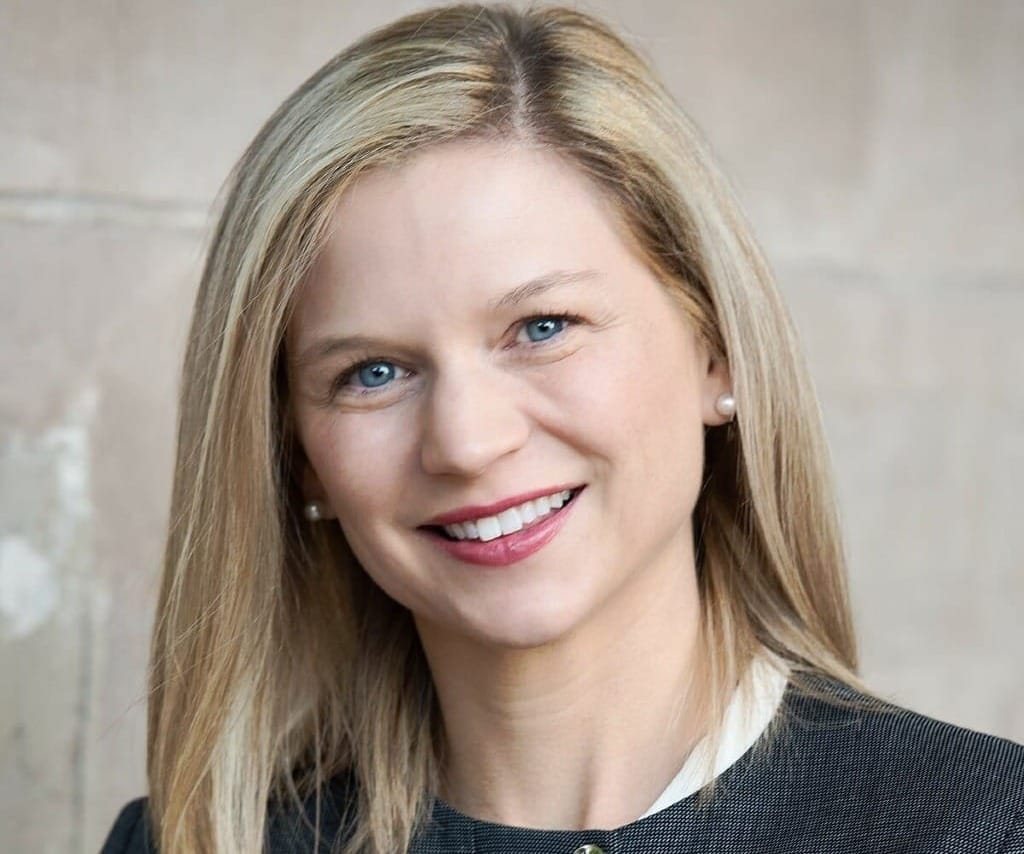Politically Divided FTC Adopts Click-to-Cancel Mandate
Opponents argue the FTC overstepped with the new rules.
Jericho Casper

WASHINGTON, Oct. 17, 2024 – The Federal Trade Commission adopted its final "Click-to-Cancel" rule on Wednesday, forcing companies to make it as easy for consumers to cancel their subscription as it was to sign up.
FTC Chair Lina Khan said the rule was designed to end deceptive practices by requiring sellers to clearly disclose key terms before charging consumers, obtain express informed consent, and provide a simple cancellation mechanism.
"Too often, businesses make people jump through endless hoops just to cancel a subscription," FTC Chair Lina Khan said in a statement following the announcement of the partisan 3-2 vote. "The FTC's rule will end these tricks and traps, saving Americans time and money. Nobody should be stuck paying for a service they no longer want," Khan said.
The rule comes in response to growing frustration from consumers. Complaints about canceling subscriptions surged from 42 per day in 2021 to nearly 70 per day in 2024, with more than 16,000 public comments submitted during the rulemaking process.
Dissenting Commissioners Melissa Holyoak and Andrew Ferguson argued the rule would burden businesses and may not hold up legally. Holyoak criticized the timing, accusing Khan of rushing the rule to fulfill a political promise just weeks ahead of a presidential election.
"The likely unlawful character of the rule is compounded by the Majority’s race to cross the finish line. Why the rush? There is a simple explanation. Less than a month from election day, the Chair is hurrying to finish a rule that follows through on a campaign pledge made by the Chair’s favored presidential candidate,” Holyoak said in a statement.
Cable companies questioned Khan’s approach. Michael Powell, CEO of NCTA —The Internet & Television Association, which represents industry giants like Comcast and Charter, argued that the rule would complicate customer retention and harm bundled service offerings, a key business model for the cable industry.
"A customer may face unintended consequences if they want to cancel only one service in the package," Powell said in a statement. "Canceling part of a discounted bundle may increase the price for remaining services."
Powell also suggested that cable companies typically convince customers to stay after a cancellation attempt. "Out of millions of cancellations, complaints received by NCTA members amount to only a tiny fraction of 1 percent.” In fact, “three out of four customers who call to cancel end up keeping some or all of their services after talking to a representative."









Member discussion